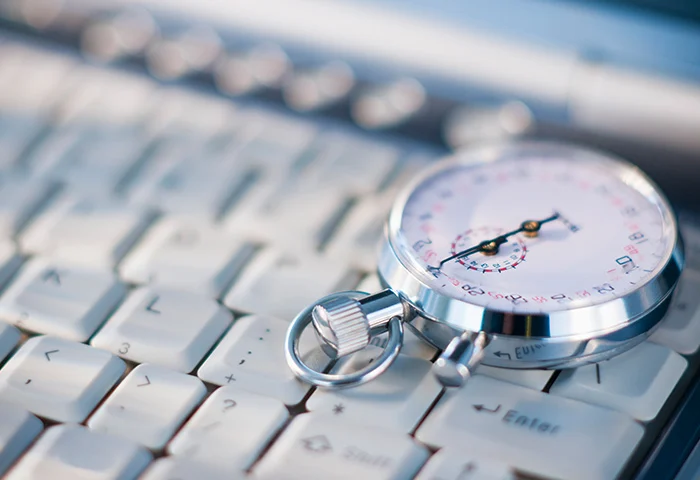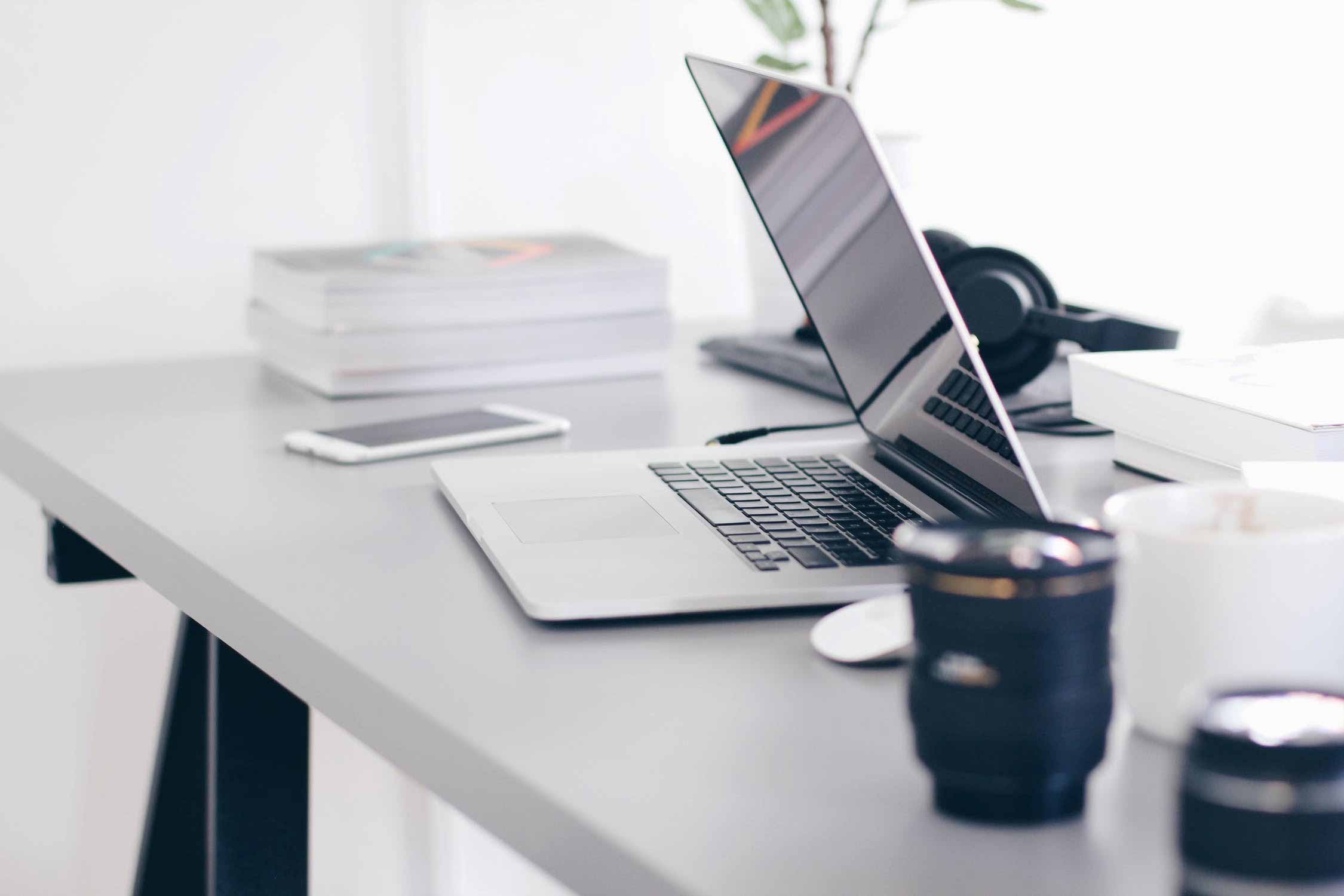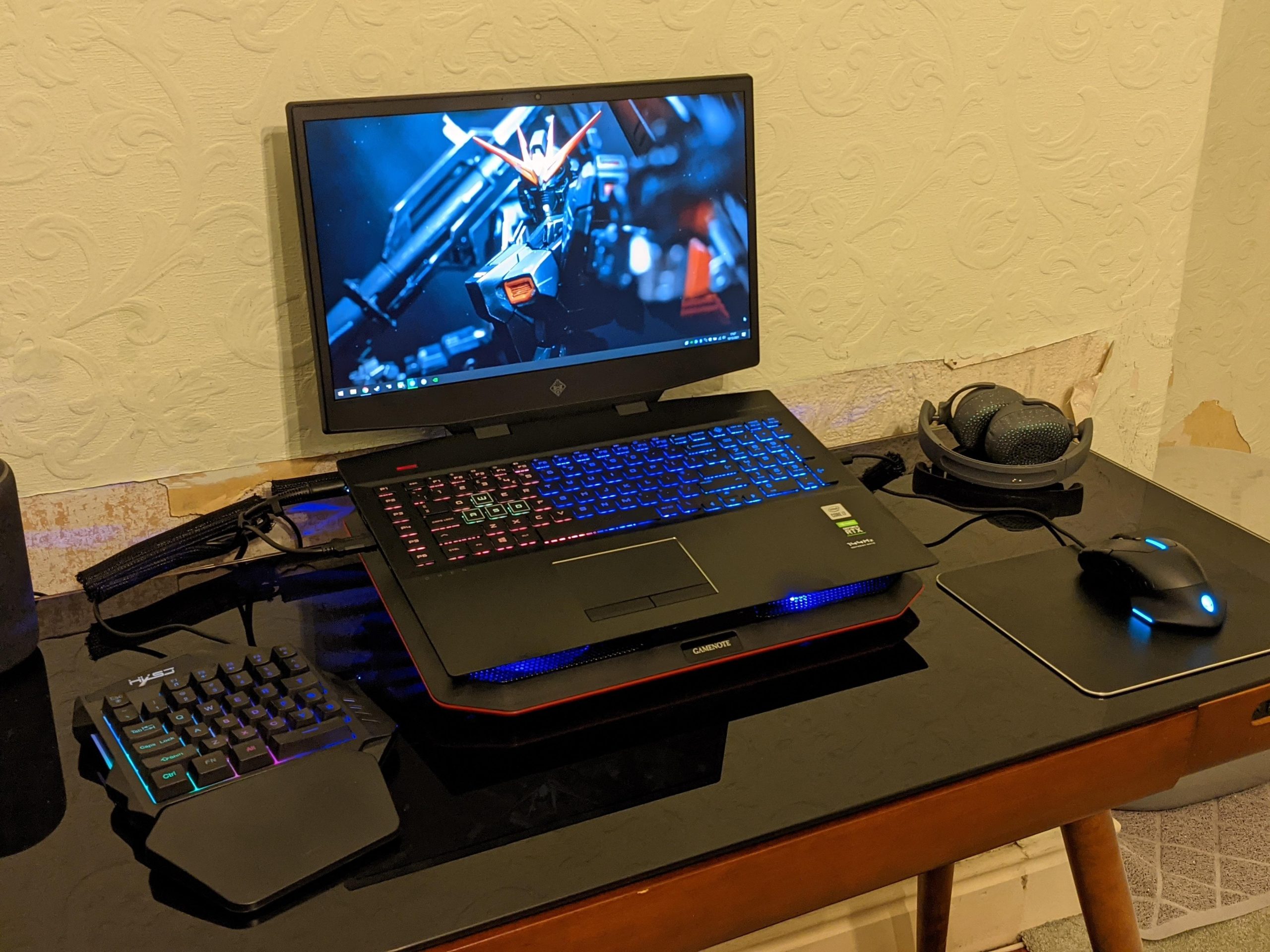Is your PC taking forever to start up? Don’t let sluggish performance bog you down. Discover how to resolve the issue and revitalize your PC’s startup speed with these expert tips.
Understanding the Causes
Before diving into the solutions, it’s crucial to understand why your PC might be dragging its feet during startup. Several factors can contribute to this frustrating issue:
1. Full Boot Drive
Your boot drive, usually the C drive, may be running low on space, hampering its performance. A cluttered boot drive can significantly slow down your PC’s startup process.
2. Excessive Startup Programs
The multitude of applications trying to launch alongside Windows can be a major culprit behind sluggish startup times. Streamlining this process can make a noticeable difference.
3. Aging Hardware
Over time, hardware components can deteriorate or become outdated, causing your PC to struggle with startup speeds. Aging hardware might need some attention to restore peak performance.
Solutions to Speed Up Your PC Startup
Now that you understand the potential causes, let’s explore effective solutions to get your PC back in shape and reduce startup times:
1. Disable Unnecessary Startup Programs
One of the most significant contributors to slow PC startup is the excessive number of applications launching at boot. To address this:
- Access your startup programs list.
- Disable any non-essential apps.
- Prioritize disabling high-impact apps for maximum impact on startup speed.
2. Free Up Space on Your Boot Drive
Ensure your C drive isn’t crammed with unnecessary files. A crowded boot drive can hinder your PC’s performance. Here’s what you can do:
- Delete temporary files and unused applications.
- Use disk cleanup tools to reclaim storage space.
- Consider moving large files to an external drive.
3. Run a Malware Scan
Malware lurking on your system can eat up resources and slow down your PC during startup. Protect your PC by:
- Running regular malware scans using reputable antivirus software.
- Ensure your antivirus software is up-to-date.
4. Optimize BIOS Settings
Accessing your BIOS settings can provide additional ways to improve startup speed:
- Enable Fast Boot for quicker startup times.
- Disable unnecessary startup logos, which can impede performance.
5. Restore or Reinstall Windows
When all else fails, restoring your PC to a previous state or reinstalling Windows might be the solution:
- Create a System Restore point for safe recovery.
- If issues persist, consider a fresh Windows installation to resolve startup problems.
6. Upgrade Hardware
For a more long-term solution, consider upgrading your PC’s hardware:
- Replace your traditional hard drive with a solid-state drive (SSD) for lightning-fast boot times.
- Upgrade your RAM to ensure smoother startup and overall system performance.
By following these steps and tailoring them to your specific needs, you can say goodbye to a slow PC startup and enjoy a faster and more efficient computing experience.
FAQs
1. Why does my PC take so long to start up?
Answer: Several factors can contribute to a slow PC startup, including a full boot drive, excessive startup programs, and aging hardware. Identifying the root cause is essential for effective troubleshooting.
2. How can I disable unnecessary startup programs?
Answer: To disable unnecessary startup programs, you can access the startup programs list in your Windows settings. From there, you can disable non-essential apps and prioritize disabling high-impact apps to speed up your PC’s startup.
3. What should I do if my C drive is running out of space?
Answer: If your C drive is running low on space, consider deleting temporary files, uninstalling unused applications, and using disk cleanup tools to reclaim storage space. You can also move large files to an external drive to free up space.
4. How often should I run a malware scan on my PC?
Answer: It’s advisable to run a malware scan on your PC regularly, ideally at least once a week. Keeping your antivirus software up-to-date is crucial to protect your system from potential threats that can slow down your PC during startup.
5. When is it time to consider hardware upgrades for my PC?
Answer: You should consider hardware upgrades if you’re still using a traditional hard drive as your main boot drive or if you’re experiencing slow startup due to low RAM. Upgrading to a solid-state drive (SSD) and adding more RAM can have a significant impact on startup speed and overall system performance.



